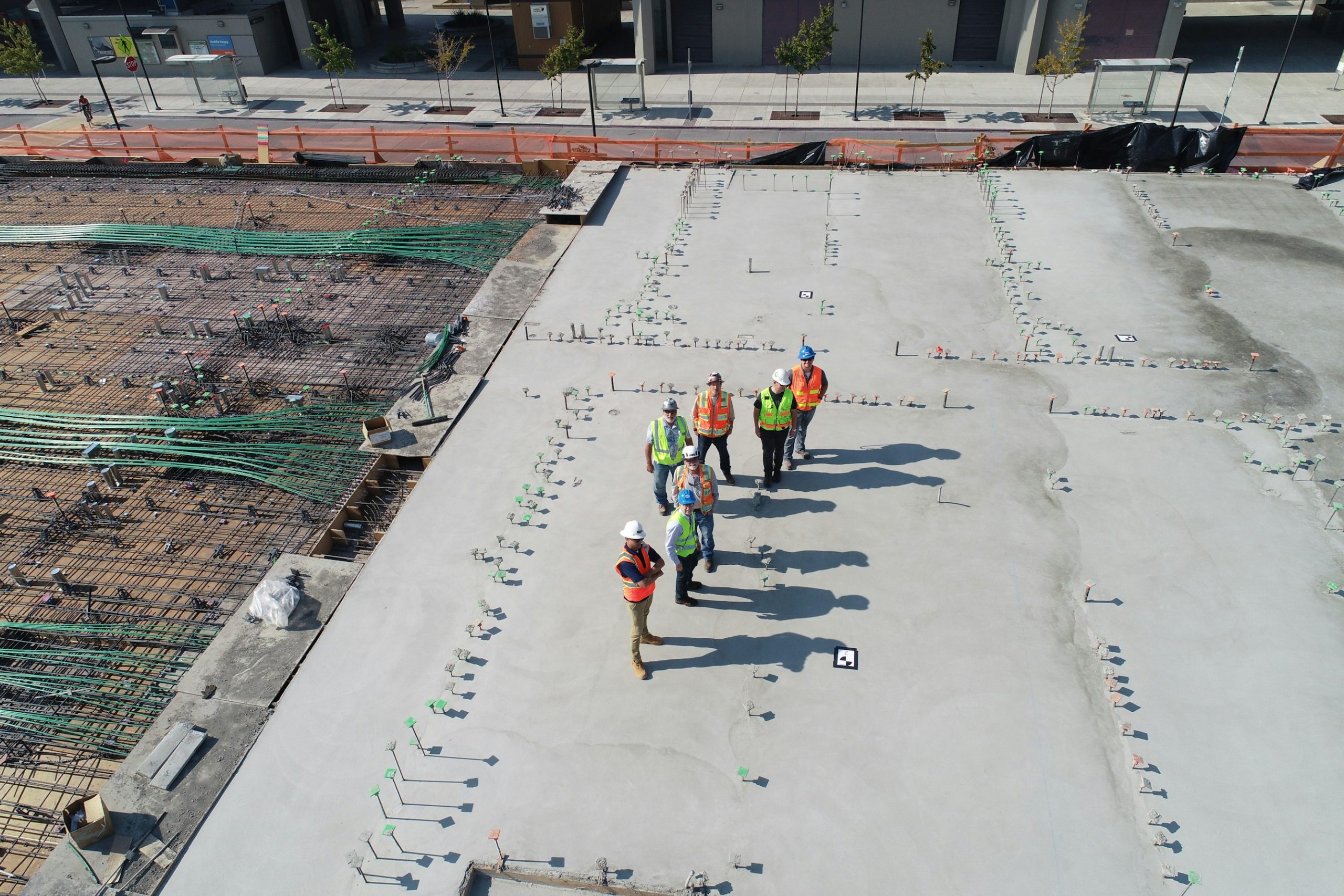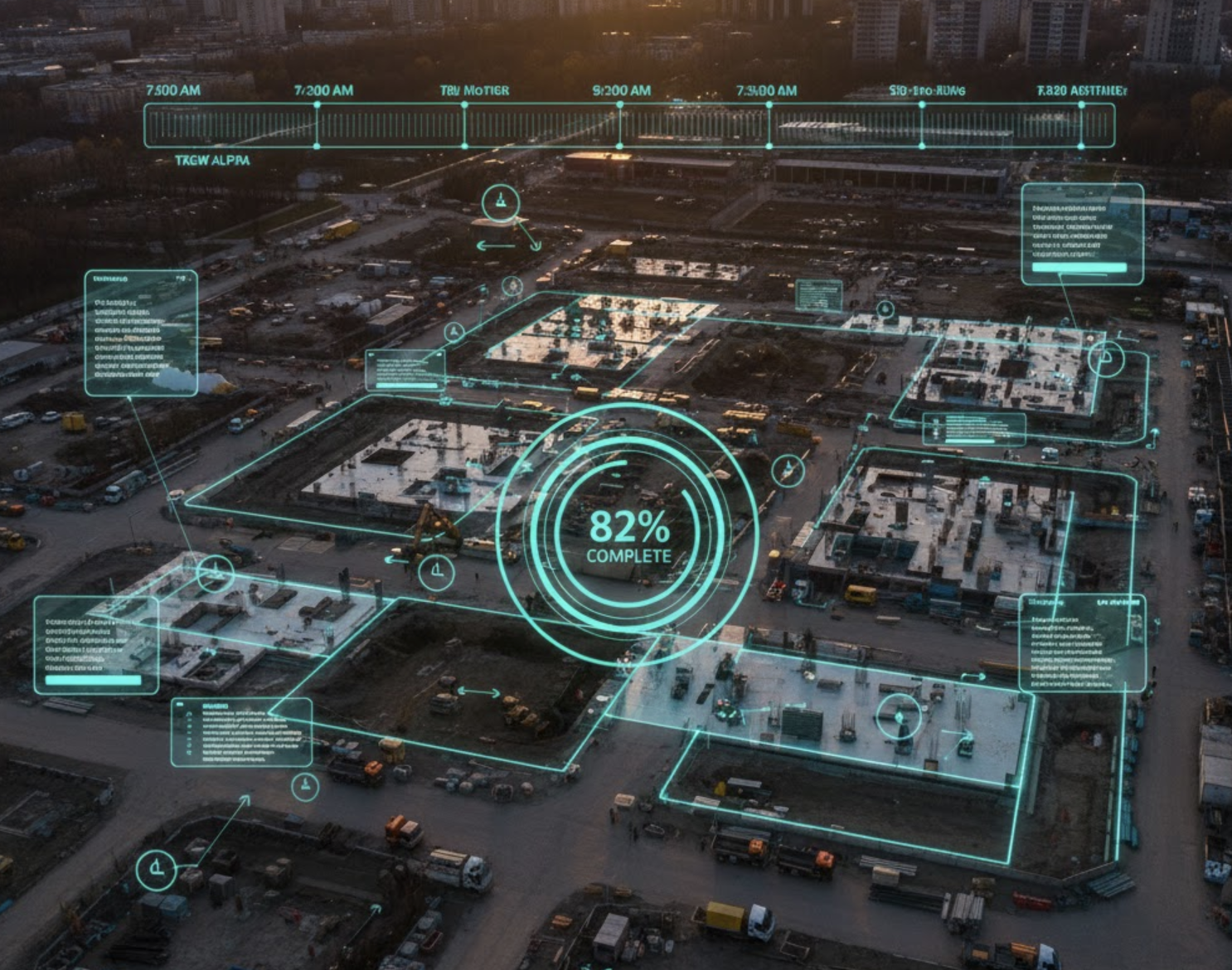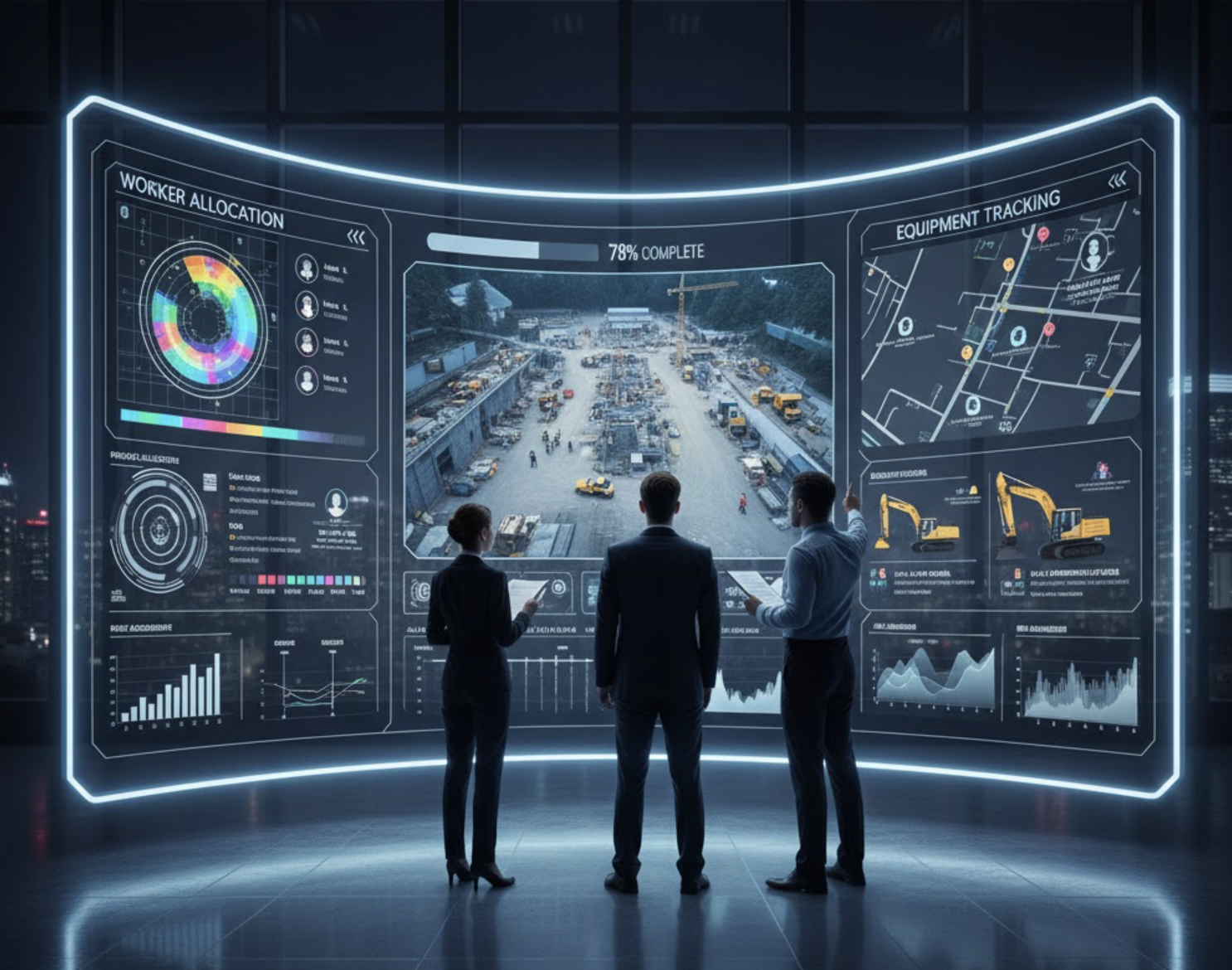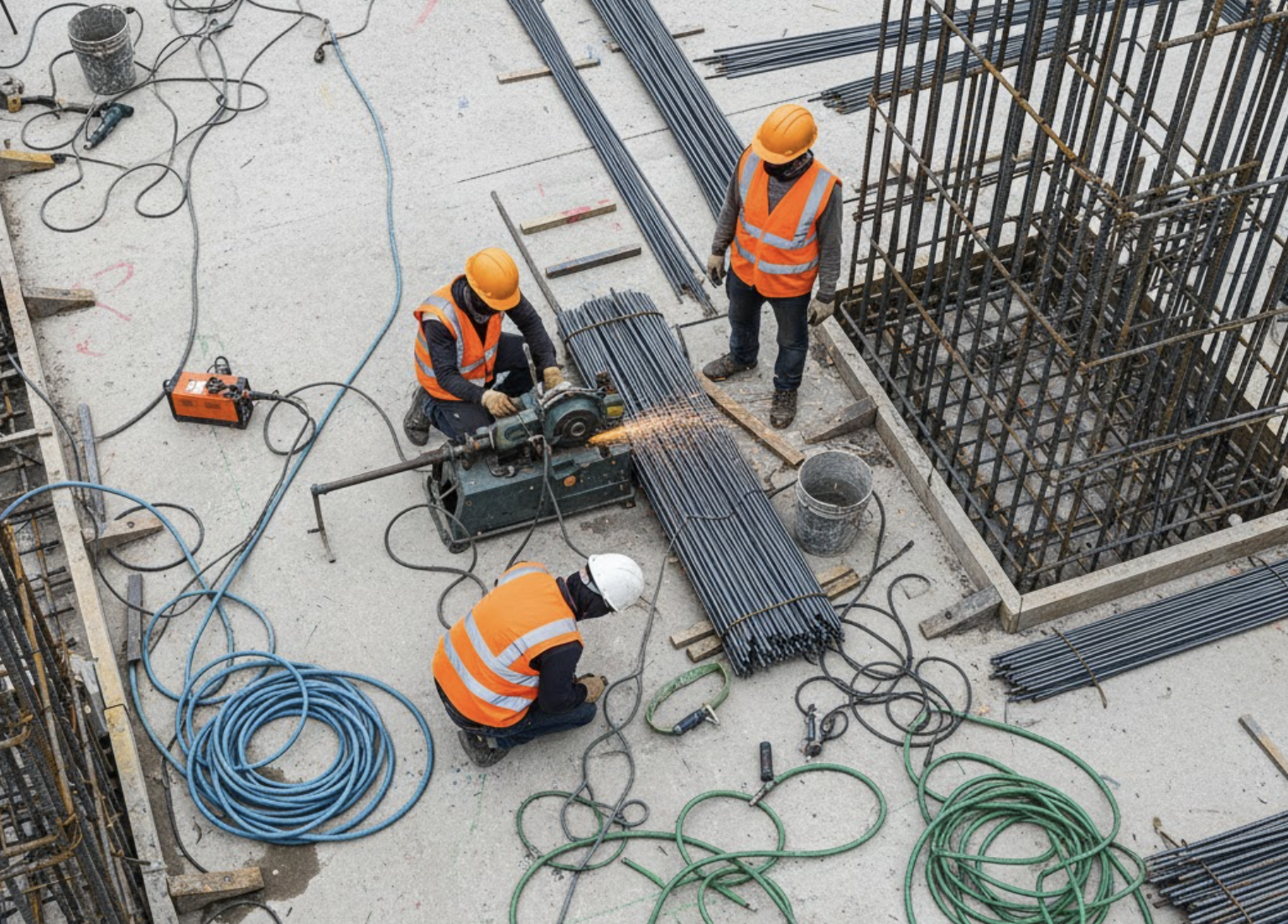How AI Is Revolutionizing Tender Evaluation in the Construction Industry
Artificial Intelligence (AI) is fundamentally transforming tender evaluation and management in the construction sector. Many firms have moved away from slow, error-prone manual processes to agile, data-driven, and highly accurate systems. This transition is essential, as tender evaluation typically involves in-depth analysis of massive documentation, balancing technical requirements with cost, compliance, and risk—all under intense time pressure and market competition.
The Challenges of Traditional Tender Evaluation
Tender evaluation in construction has long been characterized by labor-intensive and time-consuming practices. Evaluators must sift through extensive documents, extracting critical information while ensuring compliance with standards and regulations. Under such conditions, it is easy to make errors or overlook significant details, ultimately compromising the decision-making process. Thankfully, AI offers innovative solutions to improve speed, accuracy, and outcomes.
How AI Enhances Tender Evaluation
AI tackles the challenges of tender evaluation by automating repetitive tasks and analyzing both unstructured and structured data. Platforms that implement AI can analyze hundreds of pages of tender documentation in mere seconds, extracting and structuring key information for evaluation. Construction firms using AI for tender management report increased bid accuracy, faster delivery, and improved margins.
Innovative Use Cases for AI in Tender Evaluation
- Automated Document Analysis: Utilizing natural language processing (NLP), AI can scan and extract essential details from complex tender documents, turning unstructured data into actionable insights that allow for side-by-side comparisons.
- Automated Bid Assessment: AI can pre-screen and score tender submissions based on predefined criteria, analyzing historical data with predictive analytics to help teams determine whether to bid or not. This allows human evaluators to focus on strategic decision-making.
- Predictive Analytics: With straightforward access to historical bid data, AI can predict which proposals are most likely to succeed and help companies optimize their pricing strategies.
- Semantic Search & Proposal Generation: AI enables project teams to efficiently search company knowledge bases and assemble tailored proposals, significantly increasing the speed and reducing the manual effort involved.
- Collaborative AI Agents: Advanced platforms utilize multiple AI agents to simulate a collaborative review process, producing higher-quality submissions while ensuring error-checking is maintained.
- Continuous Learning: Utilizing machine learning, AI systems learn from previous tender evaluations, refining criteria and continually enhancing their accuracy and efficiency.
Best Practices for Implementing AI in Tender Evaluation
For construction firms looking to adopt AI-driven tender evaluation, there are several best practices worth considering:
- Define Clear Evaluation Criteria: It’s crucial to standardize evaluation criteria and input standardized rules or parameters into the AI platform.
- Leverage Historical Data: Feeding AI systems with past bid data and project outcomes enhances predictive capabilities and analysis accuracy.
- Integrate with Project Management Tools: AI tender evaluation should link closely with document management and budgeting tools to ensure seamless operational execution.
- Foster Human-AI Collaboration: While AI screens and shortlists submissions, retain human oversight for final decision-making and strategic judgments.
- Ensure Data Security & Compliance: Sharing sensitive data in tenders necessitates strict privacy and compliance protocols.
Emerging Innovations in AI for Tender Evaluation
As AI technology continues to evolve, several exciting innovations are emerging that promise to further enhance tender evaluation processes in construction:
- AI-powered Multi-Agent Systems: These systems allow multiple specialized AI agents to collaborate autonomously on evaluation tasks, providing deeper analysis and insights.
- Real-time Risk Detection: AI can continuously monitor fluctuating project or market risks, suggesting corrective bidding strategies in response.
- Integration with BIM: Linking AI evaluation processes with Building Information Modeling (BIM) allows for more accurate takeoffs and cost forecasting.
How Zepth Supports AI-driven Tender Evaluation
Zepth offers tools tailored for enhancing tender evaluation through an AI-driven framework:
- Automated Document Management: Zepth’s document management solutions centralize and organize tender documentation, priming it for fast, AI-based extraction and analysis.
- AI-driven Risk and Compliance Checks: Zepth’s tools quickly flag potential issues in bid submissions and tender documents.
- Seamless Collaboration: Zepth enhances cross-departmental collaboration throughout the evaluation process by embedding AI insights into workflows.
- Advanced Analytics: Visual analytics dashboards provide insights into bid trends, success rates, and vendor performances, leveraging AI for smarter decision-making.
- Process Automation: Customizable workflows automate key tender milestones, notifications, and reminders, reducing manual coordination needs.
Conclusion
AI is set to transform tender evaluation processes within the construction industry, enhancing efficiency, accuracy, and transparency. Companies that leverage these innovations—including those integrated into platforms like Zepth—stand to gain a significant competitive edge in today’s fast-evolving construction landscape. Embracing AI-powered tender evaluations marks a step toward a technology-driven future in construction management.




